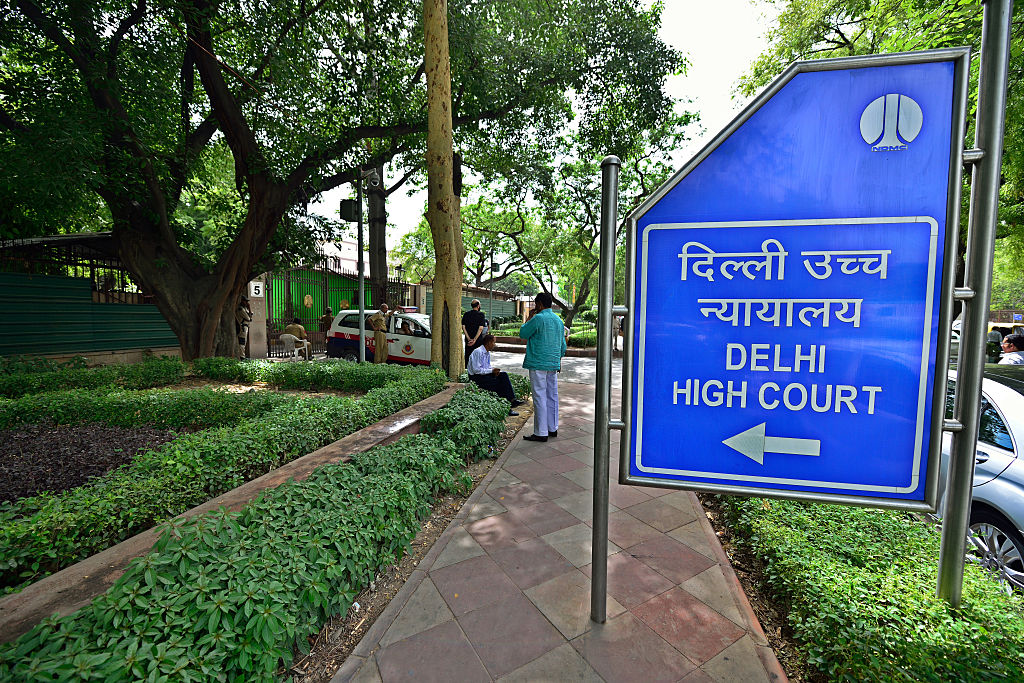
Delhi High Court
The Delhi High Court recently clarified that a ration card, issued for accessing essential commodities under the public distribution system, does not serve as proof of address or residence.
Justice Chandra Dhari Singh, presiding over petitions from former residents of Kathputli Colony seeking alternative accommodation after the area’s redevelopment, deemed the requirement of a ration card for scheme benefits arbitrary and illegal.
In a recent ruling, the court emphasised that the purpose of issuing ration cards is solely to distribute essential food items through fair price shops and does not establish residency.
The court highlighted the absence of a mechanism to verify the address provided on ration cards, emphasising that they are intended solely for accessing subsidized food items, not for identification purposes.
The petitioners alleged that authorities altered eligibility criteria in 2015 post the colony’s demolition, mandating a separate ration card for first-floor dwellers, which they deemed unfair. The court noted that a 2015 gazette notification from the Ministry of Consumer Affairs, Food and Public Distribution already prohibited using ration cards as proof of identity or residence.
Criticizing the authorities for not reflecting on the rationale behind ration card issuance and the challenges faced by the petitioners, the court termed the requirement for a ration card as arbitrary and illegal. It stressed that this mandate violated the petitioners’ right to shelter under Article 21 of the Indian Constitution.
The court instructed authorities to allocate alternative housing units to the petitioners, provided they submit relevant documents as per the Delhi Slum & JJ Rehabilitation and Relocation Policy, 2015, and meet necessary criteria. Emphasizing the importance of housing rights, the court underscored that safeguarding these rights remains a cornerstone of the Indian Constitution and judicial precedents.
(With PTI inputs)
With hundreds reported missing in Delhi this year, this guide explains how families can use…
The case came to light after a 35-year-old woman from Panipat alleged that she had…
During the investigation, CCTV footage helped identify the suspects, according to Delhi Police
The launch took place during the inauguration of the Delhi Police Exhibition Hall at Connaught…
The 28-year-old factory owner was taken to Satyawadi Raja Harish Chandra Hospital in Delhi, while…
The chief minister, Rekha Gupta, said that the CM Jansunwai portal will help in monitoring…